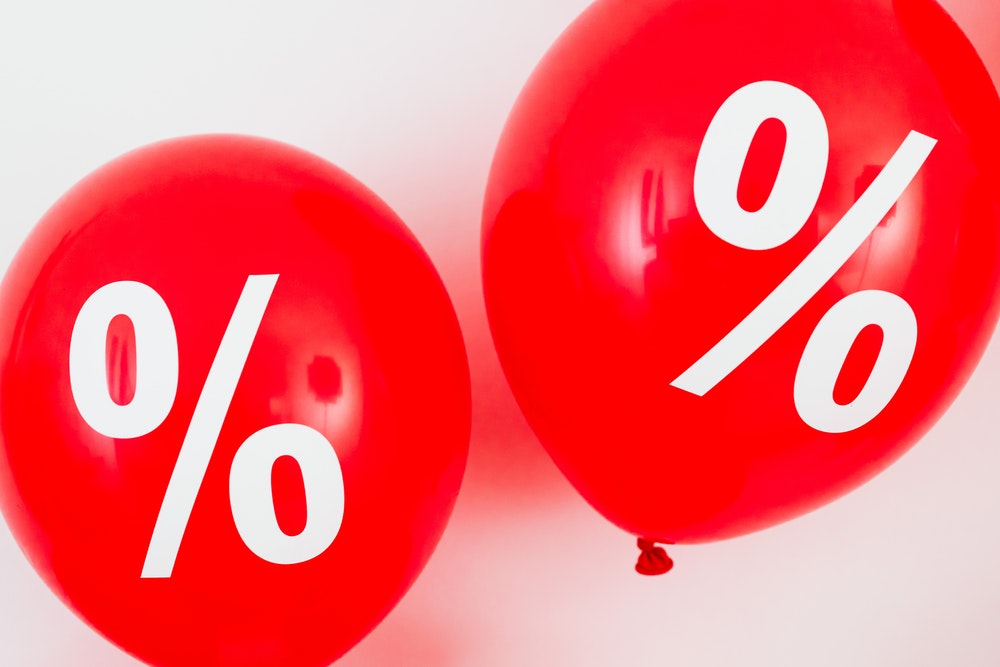
2 questions that will end every request for a better price
I was thinking about all the things we pay for that used to be free and are still free, yet we pay for them anyway. How many can you think of?
I came up with the following:
- Water
You can get an unlimited amount of drinking water from the tap but we not only buy bottled spring water, we buy FIJI, one of the most expensive brands, because it tastes so much better. We pay around $1.25/pint-sized bottle. - Radio
You can listen to as much broadcast radio as you want, but all of our cars have SiriusXM subscriptions to the tune of around $600 annually. - Television
You can watch plenty of free broadcast TV and your local channel's streaming content, but we have five AppleTVs, and between Netflix, Amazon Prime, Hulu, Apple TV plus, and others, we pay close to $75/month for various streaming services. - Software Applications
There are free versions of most of the cloud-based software we use but I pay for versions that have all the features I want. I get more value when I pay for the features I want than I can get with free versions.
In other words, the pain of not having better tasting water, more listening and viewing options, and software that does everything I need, is exponentially greater than the savings I would realize from not paying a premium.
What's the point?
When prospects tell you that they're going with the lowest price, it's total crap. They might be saying that, but are they required to do that? If they have any bottled water in the kitchen, pay for any streaming, or software then it's simply not true. Can you say bluffing?
Salespeople who win on price eventually lose on price.
I don't blame companies for trying to buy for less, but it doesn't mean you have to sell for less, or match or beat someone's price. They're just saying the words and waiting to see if you'll bite. Just about a year ago at this time, I wrote another article about selling value where I used Dunkin Donuts coffee as an example.
So what should you do when a prospect asks for a lower price?
You should ask two questions:
- "Is that a must have or a nice to have?"
- If they say "must have" ask, "And what if I can't do that?"
If you are in a transactional conversation (which isn't really a conversation at all), I guarantee that you haven't sold value and those two questions won't help you at all.
However, if you've been in a consultative conversation, have uncovered their compelling reasons to buy, have properly differentiated yourself, quantified their problem, and created urgency, then they already want to work with you and those two questions will end the price negotiation right then and there, before it even begins. Ending the negotiation before it begins is the only way to profitably win a negotiation on price.
You win by refusing to negotiate because once you open that negotiation window and the prospect learns that there is wiggle room they won't stop pushing for more.
Never negotiate price!
There are some salespeople who won't like that. Salespeople who try to get the best price for their own purchases also believe they must provide the best prices to their customers. These salespeople have non-supportive BuyCycleTM and this belief prevents them from being able to sell value, uphold margins, and compete based on the merits of their product or service.
According to Objective Management Group's data from the assessments of well over two million salespeople, 73% of all salespeople have a non-supportive BuyCycleTM and a good percentage of them have the belief that their prospects must receive the lowest price. Non-supportive BuyCycleTM is one of twenty-one Sales specific Core Competencies and you can see the data from all twenty-one competencies, sort by industry and even your company, here.
Salespeople who win on price eventually lose on price because there will always be someone who comes a long with a better price. Price-won business doesn't stick, isn't profitable, and is never representative of good selling skills.
There should be two columns alongside the revenue column for each salesperson indicating how much of a discount they provided, and whether the business was new, repeat, or inherited.
Never negotiate price!

By Dave Kurlan
Dave Kurlan is a top-rated speaker, best-selling author, successful entrepreneur, and sales development industry pioneer. Dave also founded Objective Management Group, the leading developer of sales assessment tools, and works as the CEO of Kurlan & Associates, a leading salesforce development firm that he started in 1985. He has 3 decades of experience in all facets of sales development, including consulting, training, coaching, selection, strategy, systems, processes, and metrics.
Dave is also the creator of the Membrain Baseline Selling Edition, a pre-configured Membrain with Baseline Selling built-in, including Dave's sales enablement content. This Edition will help your salespeople to make your way of selling into a competitive advantage.
Find out more about Dave Kurlan on LinkedIn







